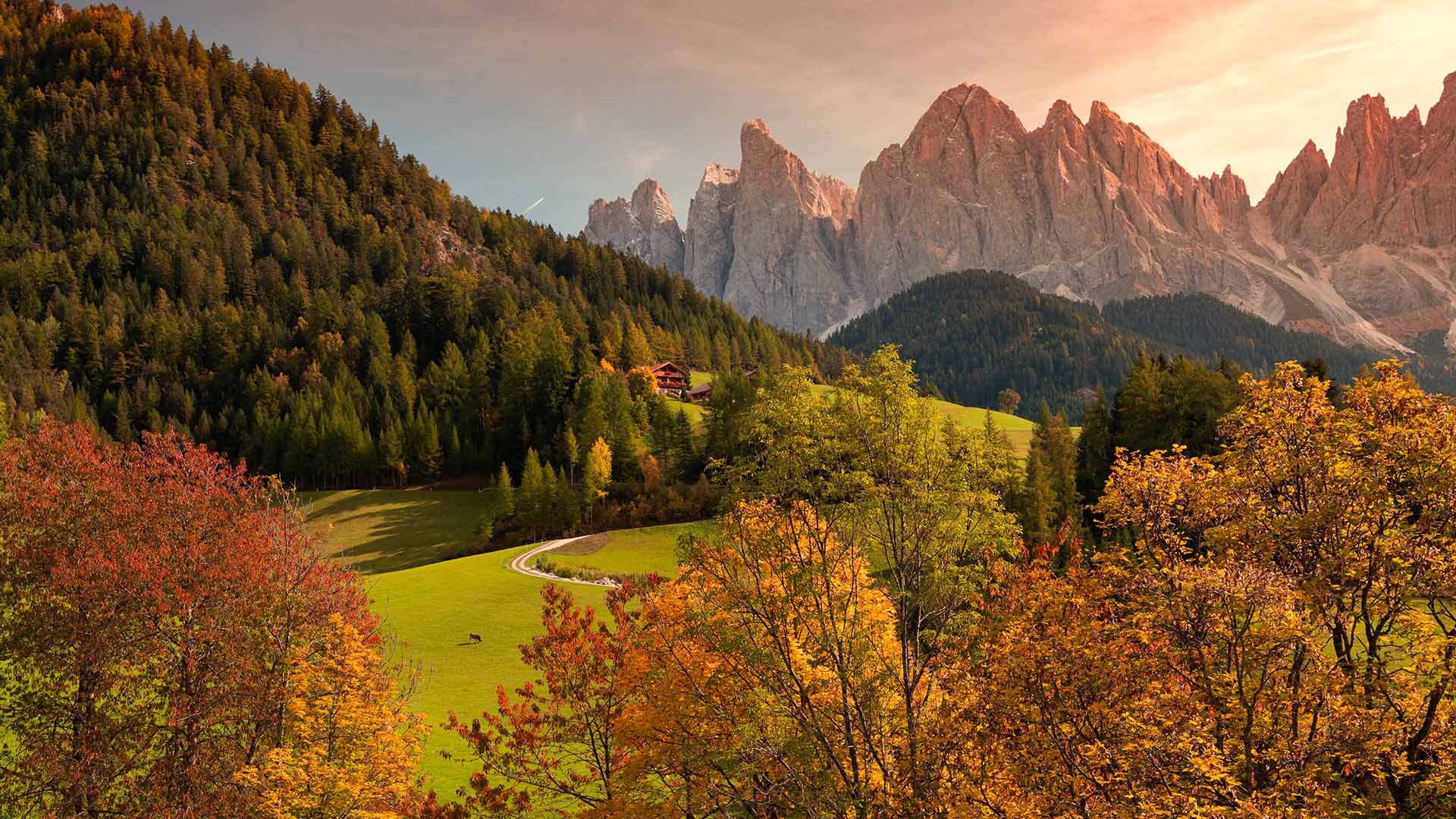In recent years numerous voices have pointed out society’s need for “technology sabbaths,” “smartphone sabbaths,” “family sabbaths,” and even “environmental sabbaths.” A common premise runs through all of these calls for sabbath rest—humanity and the planet need a regular, recurring break from the chaos, stress, and abuse that modern society places on itself and our planet.
The idea of a weekly Sabbath, or day of rest, may seem strange to many people living in today’s fast-paced, modern culture. But the concept has been around a long time. Christians, Muslims, and Jews have observed weekly “holy days” for centuries—even millennia. The earliest documented reference to a Sabbath day of rest is found in the biblical book of Genesis. According to this ancient record, God created Earth in six days, and then rested on the seventh day: “Then God blessed the seventh day and sanctified it, because in it He rested from all His work which God had created and made” (Genesis 2:2-3).
The idea of a weekly Sabbath, or day of rest, may seem strange to many people living in today’s fast-paced, modern culture. But the concept has been around a long time.
The word Sabbath literally means “rest.” In the Biblical narrative, it’s a concept embedded deeply into creation by the Creator, shaping our weekly seven-day life cycle even in modern times. Interestingly, science has recently discovered that many physiological functions within the human body such as disease immunity, systolic blood pressure, enamel deposition, and cognitive functions, cycle in sets or multiples of seven days. Similar seven-day rhythms occur in many other species including honeybees, beetles, rats, mice, guinea pigs, and even algae. As the journal Chronobiology International recently reported,
“[M]any diverse species are known to express [seven-day cyclic phenomena], from the simple unicellular Gonyaulax polyedra…to plants, insects, fish, birds and mammals, e.g. laboratory rodents, horses and humans. …From a chronobiologic point of view, it is impossible to eliminate the 7 d[ay] component from the inherent organization of processes and functions of the biological time structure.”
Reinberg, Alain & Dejardin, Laurence & Smolensky, Michael & Touitou, Yvan. (2016). Seven-day human biological rhythms: An expedition in search of their origin, synchronization, functional advantage, adaptive value and clinical relevance. Chronobiology International. 34. 1-30. 10.1080/07420528.2016.1236807.
Perhaps the Bible’s seven-day week, and its culminating Sabbath rest on the seventh day, are more deeply implanted in us, and in nature, than we have realized. Perhaps by ignoring our need for Sabbath rest, we have inadvertently placed ourselves out of harmony with ourselves, with nature, and with nature’s Creator. Perhaps it’s time to remember the Sabbath.





